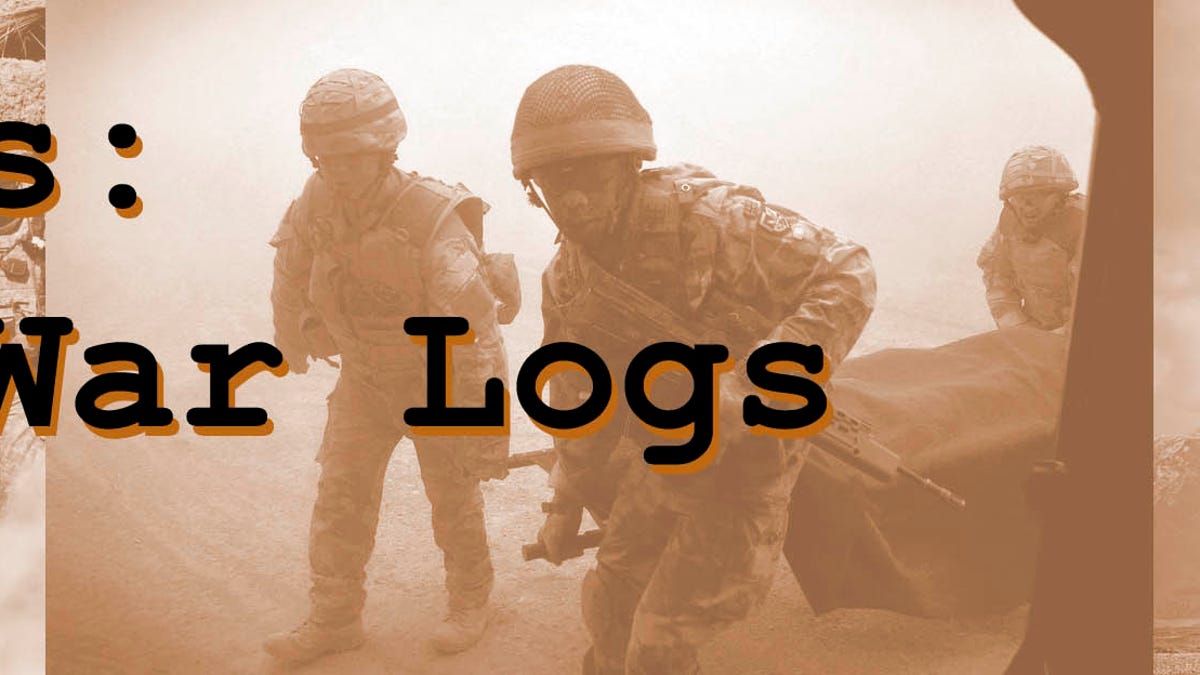Ex-DOJer helped expose alleged Wikileaks source
Mark Rasch, previously the head of the Justice Department's computer crime unit, helped to turn in alleged Wikileaks source Bradley Manning.

A former top U.S. Justice Department prosecutor helped to turn over an alleged Wikileaks source to the FBI and Army intelligence, CNET has learned.
Mark Rasch, previously the head of the Justice Department's computer crime unit who is now in private practice in the Washington, D.C. area, said during a telephone interview that he identified investigators who would want to know that an U.S. Army intelligence analyst in Kuwait may have handed over sensitive documents to the world's most famous document-leaking Web site.
Bradley Manning was charged last month with leaking sensitive information and illegally obtaining "more than 150,000 diplomatic cables" from the State Department. A Web site, bradleymanning.org, has been set up in his defense, and Wikileaks has helped to raise funds for his defense.
"I didn't take him down," Rasch said. "I just put the people who wanted to report him in touch with the people they wanted to talk to."
Adrian Lamo, a convicted hacker now living in Carmichael, Calif., says Manning contacted him and confessed to turning over sensitive files to Wikileaks, including a controversial video showing troops firing on Reuters journalists. Lamo says he became worried that Manning's leaks were endangering the lives of American soldiers and decided to blow the whistle.
Lamo contacted Chet Uber, a computer security specialist and the founder of a group called Project Vigilant. Uber then contacted Rasch.
"I got a call from Chet saying Adrian has a guy he's been chatting with online who has access to classified cables," Rasch said. "So I found him people in the intelligence community and law enforcement community he could report it to."
In an interview with CNET, Uber described how Lamo contacted him. "Adrian calls me in a panic, saying this guy Brad Manning is sending me e-mails, some of them are encrypted," Uber recalled. "He keeps talking about having access to classified data, (saying) 'I don't know what to do.'"
Uber said he told Lamo to take all the data related to those conversations and place it on a drive, then "give me about 10 minutes and I'm going to give you some numbers...I said, 'Adrian, people probably are dying.'"
"What I can tell you is that (Manning) is committing treason," Uber said. "He's passing classified information during wartime to a non-U.S. entity, Julian Assange. That's treason."
For his part, Lamo disputed Uber's characterization of the conversation, saying that time and memory likely distorted the details. He said that he was also in touch separately with a friend, Tim Webster, who is a former Army counterintelligence agent.
Lamo said his general attitude toward turning in Manning was: "Aw, f*ck. Why'd you have to make me do this?"

